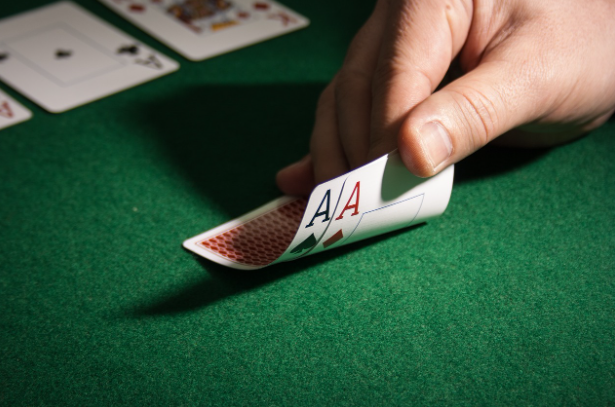
How to Practice Poker for Free and Sharpen Your Skills
Whether you’re just beginning or are an expert, practicing poker elevates your game to the next level. There is no pressure from opponents, so you can refine your strategy, test your instincts, and experiment with different play styles.
Start by playing poker risk-free
One of the easiest and most accessible ways to practice poker solo is through online platforms. But not just any platform–look for risk-free options like sweepstake casinos. Based on what List Of Sweepstakes Casinos told us, these iGaming platforms allow you to experience the thrill of poker without wagering real money. Sweepstakes casinos often use virtual currencies or point systems so that you can play and hone your skills without the financial risks associated with real money games. This makes them ideal for learning the ropes, practicing your poker face, and experimenting with strategies.
Plus, when you play online, you’re exposed to different game variations and simulated opponents, which allow you to observe patterns and refine your decision-making. Over time, this practice will help you feel confident enough to transition into competitive games if that’s your goal.
Simulate games with a poker app
Poker apps are another excellent tool for practicing alone. Many apps offer realistic simulations of poker games, providing a variety of game modes and difficulty levels. The advantage? You can play anytime and anywhere you want.
Set challenges for yourself, such as playing with a limited budget or experimenting with aggressive strategies. Some apps even have coaching features or analysis tools that review your gameplay and offer tips for improvement. You can use these insights to tweak your approach and iron out weaknesses.
Practice hand analysis
Poker is an excellent game from which you can learn a lot. For instance, you can study different poker hands and their probabilities. Create scenarios in your mind–what would you do if you were dealt a pair of tens versus a suited ace-king?
You can also use online hand calculators or simulators to understand the odds of different hands winning in specific scenarios. This knowledge is invaluable for making better decisions in real games, where every bet and call counts.
Play against yourself with real cards
If you prefer a hands-on approach, grab a deck of cards and set up your own poker game. Deal hands for multiple players and play each as if you were at a real table.
This might sound strange, but it’s a fantastic way to practice reading the board and understanding the dynamics of multi-player hands. You can also experiment with betting patterns and practice bluffing techniques (even if you’re just bluffing yourself).
To make it more engaging, add chips or coins to simulate a betting system. This setup helps you familiarize yourself with concepts like pot odds and stack management—crucial skills for any poker player.
Study poker strategies and watch the pros
No poker practice session is complete without some education—study poker strategies from books, online tutorials, podcasts, and videos. A wealth of knowledge is out there, covering everything from beginner tips to advanced tactics.
Watching professional poker games can also provide insight into how experts handle high-pressure situations. Pay attention to their betting patterns, bluffs, and reads on opponents. While practicing alone, try to incorporate these techniques into your play style.
Keep track of your progress
Improvement in everything, including poker, is about consistency and reflection. You can keep a journal of your practice sessions–note what worked, what didn’t, and the lessons you learned.
Over time, this log will become a valuable resource. You’ll be able to identify recurring mistakes, track your growth, and set new goals. It’s always good to have clear objectives because they’ll keep you motivated.
Simulate decision-making with poker quizzes
Many websites and apps offer poker quizzes that simulate in-game scenarios. These quizzes challenge you to make decisions based on the cards, the board, and the betting action.
Not only do these tests help sharpen your critical thinking, but they also prepare you for real-life situations where quick, calculated decisions can make your game.
Stay disciplined and have fun
Practicing poker alone requires discipline, but it should never feel like a chore. The key is to enjoy the process while staying focused on your goals. Celebrate small wins—mastering a new technique or understanding a tricky concept—and use setbacks as opportunities to learn.
So, shuffle those cards, log into that sweepstake casino, or dive into a poker app—your journey to becoming a stronger, more confident poker player starts now.
